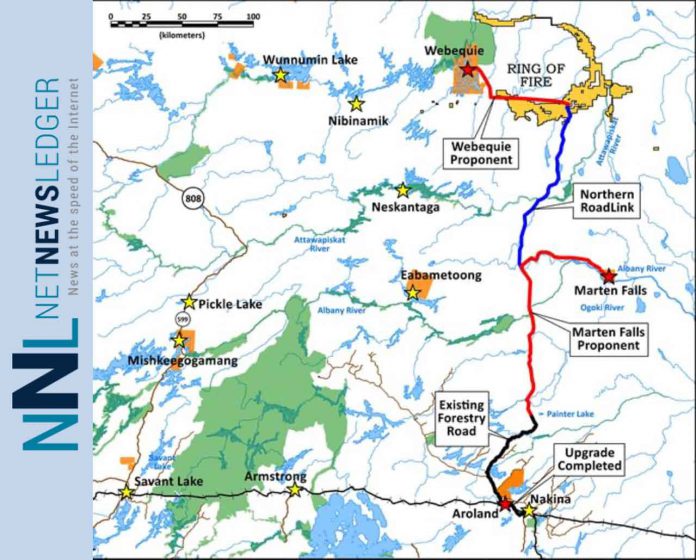THUNDER BAY – INDIGENOUS – Matawa member First Nations have shared their concerns about the impact of Ontario’s new “Building More Mines Act,” also known as Bill 71. The Act was introduced in the Queen’s Park on March 2, 2023, by the Honourable George Pirie, Mines Minister. Matawa Chiefs Council has issued a formal response to the Standing Committee on the Interior, ahead of the hearings to be held in Timmins and Sudbury on April 5 and 6, respectively.
The response from Matawa Chiefs Council highlighted several key points. Firstly, the First Nations were informed of the amendments, but not consulted. Secondly, the proposed ‘Recovery’ Permits could potentially avoid the duty to consult and accommodate, historic grievances and new revenue interests in closed mines now being reassessed and returned to production. Thirdly, the province of Ontario proposes to privatize or self-monitor mines on mine closure plans, which raises concerns about accountability for mine closure responsibilities.
The proposed amendments in the Building More Mines Act will impact Northern First Nations communities, including those located in the remote Far North. The speeding up of the mining cycle in Ontario, for the benefit of industry and investors, will place the burden onto First Nations Councils, administrations, and finances. Matawa Chiefs Council call for the Province of Ontario to be held accountable for this exploitative and aggressive approach, contrary to the principles of reconciliation and the Spirit and Intent of Treaty.
In addition, Matawa Chiefs Council emphasized the need for Ontarians to understand the cumulative wholesale legislative, policy and regulatory changes (“the legislative bulldozer”) that have been made in incremental phases on all aspects of the Ontario lands legislations. The Province of Ontario has yet to make any substantive effort to communicate or include the meaningful participation of the Matawa member First Nations as a collective region, despite a very aggressive legislative and public agenda to access their traditional territories and homelands.
The James Bay Treaty No. 9 territory currently supports 11 operating mines and a workforce of 7,832 direct employees or contractors. The recovery permit amendments will provide the mining industry access to an estimated 295 closed mines across the province of Ontario that may never have been part of the duty to consult process, and the source of historic environmental grievances and exclusion of First Nations revenue share interests. The James Bay Treaty No. 9 territory has identified 13 critical minerals that are of specific interest to various governments. Across the Matawa region and the James Bay Treaty No. 9 territory, there are 118/188 sites of interest to the Matawa Chiefs Council, and 51 sites that are critical minerals.







